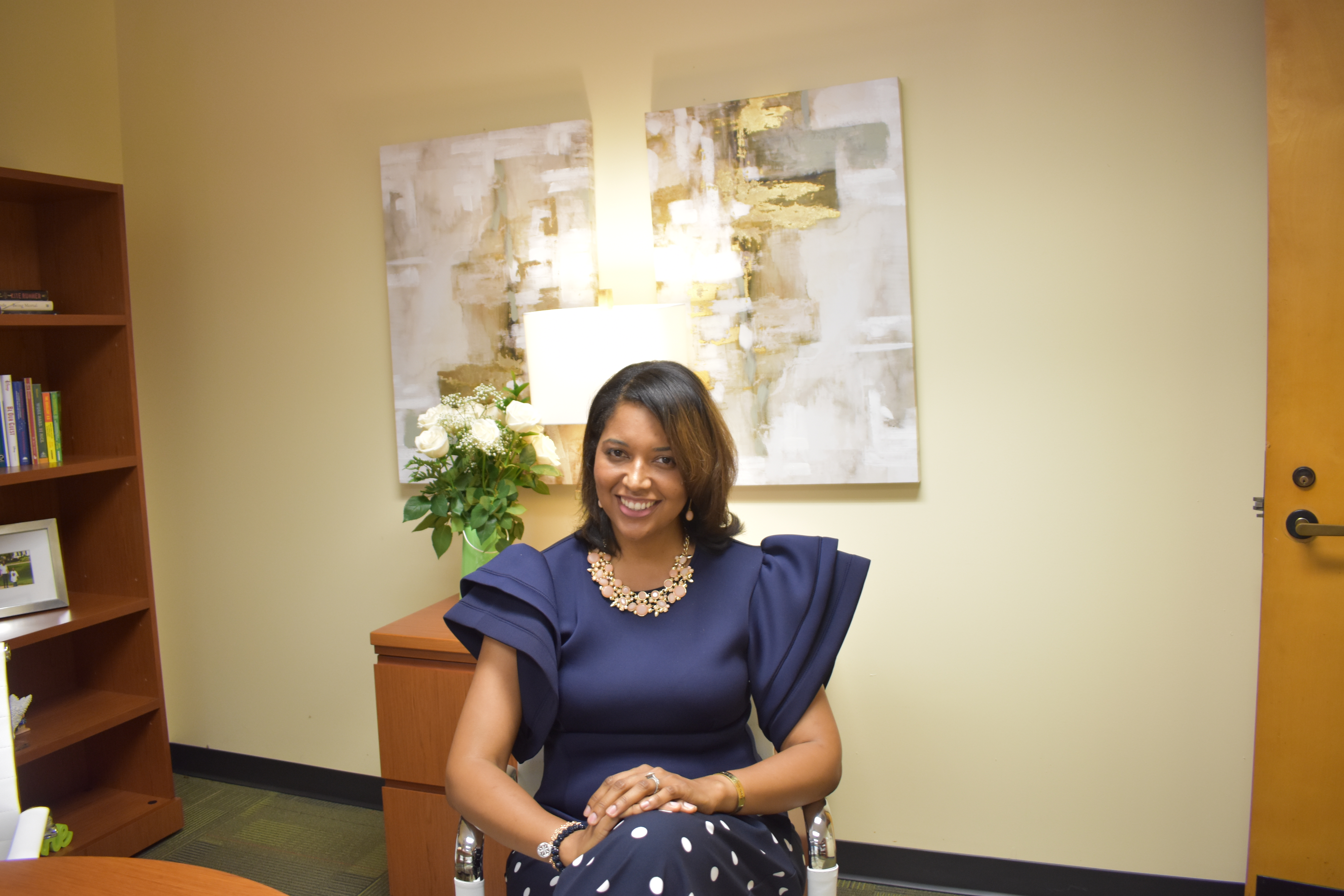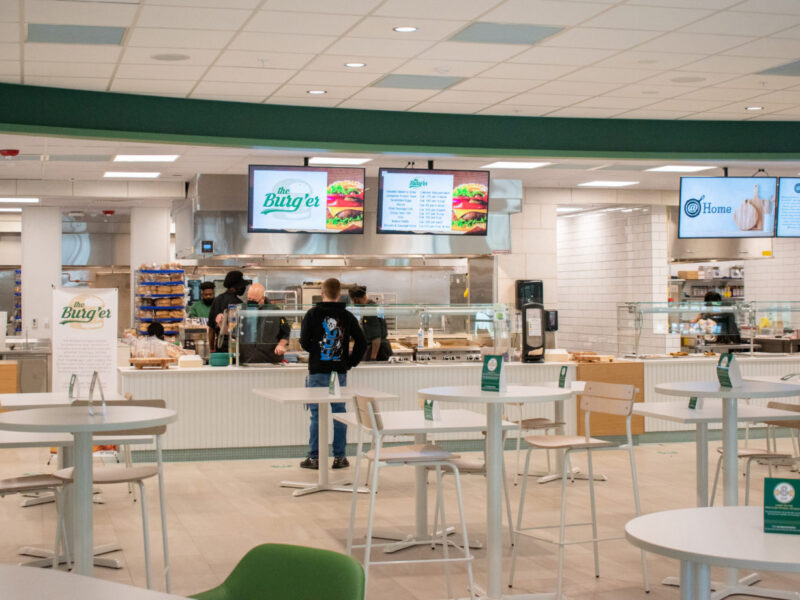By Anna Bryson
For most of her career, Allyson Leggett Watson focused on high poverty schools and urban education. Now she’s the dean of the College of Education at USF St. Petersburg.
“What stood apart here at USFSP is where the campus is situated,” Watson said. “Right in between people who have wealth and opportunities and then people that work very hard for the opportunities that they have.”
Watson took over for interim dean Olivia Hodges on July 1. According to the university website, she holds a doctorate in educational administration, curriculum and supervision from the University of Oklahoma
She has ambitious plans for the College of Education.
Watson’s been meeting with faculty as part of a listening tour she launched on Aug. 1 that will continue until the end of September.
During the tour, she is meeting with faculty members individually to talk about their strengths as well as their vision for the college. After this period, she is planning moving forward with her personal vision as a leader for the college, which involves bolstering certain initiatives.
Watson set five high impact goals for the college: Exponential growth, making this a destination for the education leaders of tomorrow, experiential learning, immersive learning and having faculty and students who make this college the shining star that it is, Watson said.
“Watch out for the College of Education because the history and the foundation and the shoulders that we stand upon are going to catapult us to even greater things,” Watson said. “I look forward to exciting things to come and when I put my word out there I fully intend to make those things happen.”
Before coming to USFSP, Watson was the assistant dean and a professor in the College of Education at Northeastern State University. There she developed a program called Teaching & Urban Reform Network (TURN).
The TURN program was designed to help urban schools meet the intricate needs of inner city kids.
The program teaches traditional education content like Bloom’s taxonomy — an educational framework created in 1956 that focuses on categories like knowledge, comprehension and application — as well as psychological theories such as Maslow’s hierarchy of needs, which examines motivation through concepts like safety, belonging and self-actualization.
Most importantly, however, it focuses on helping teachers to adjust to their environment when working with students in high poverty areas.
“I want to be the leader who has worked with people (of) all different backgrounds and (causes people to) come together for a common purpose, making sure that teacher education and education as leaders is the hallmark of every person,” Watson said.
She also chose the university because of family connections. Gilbert Henry Leggett, her granduncle, was a civic leader who helped integrate St. Petersburg decades ago.
That history isn’t lost on Watson. It brought her back to the community and is what she calls a “heart calling.”
“I would always promise them,” Watson said. “Once you learn how to teach in this community, you can teach anywhere across the world. Because you now have the tools to teach students and have high expectations and a mindset that all students can actually learn.”



